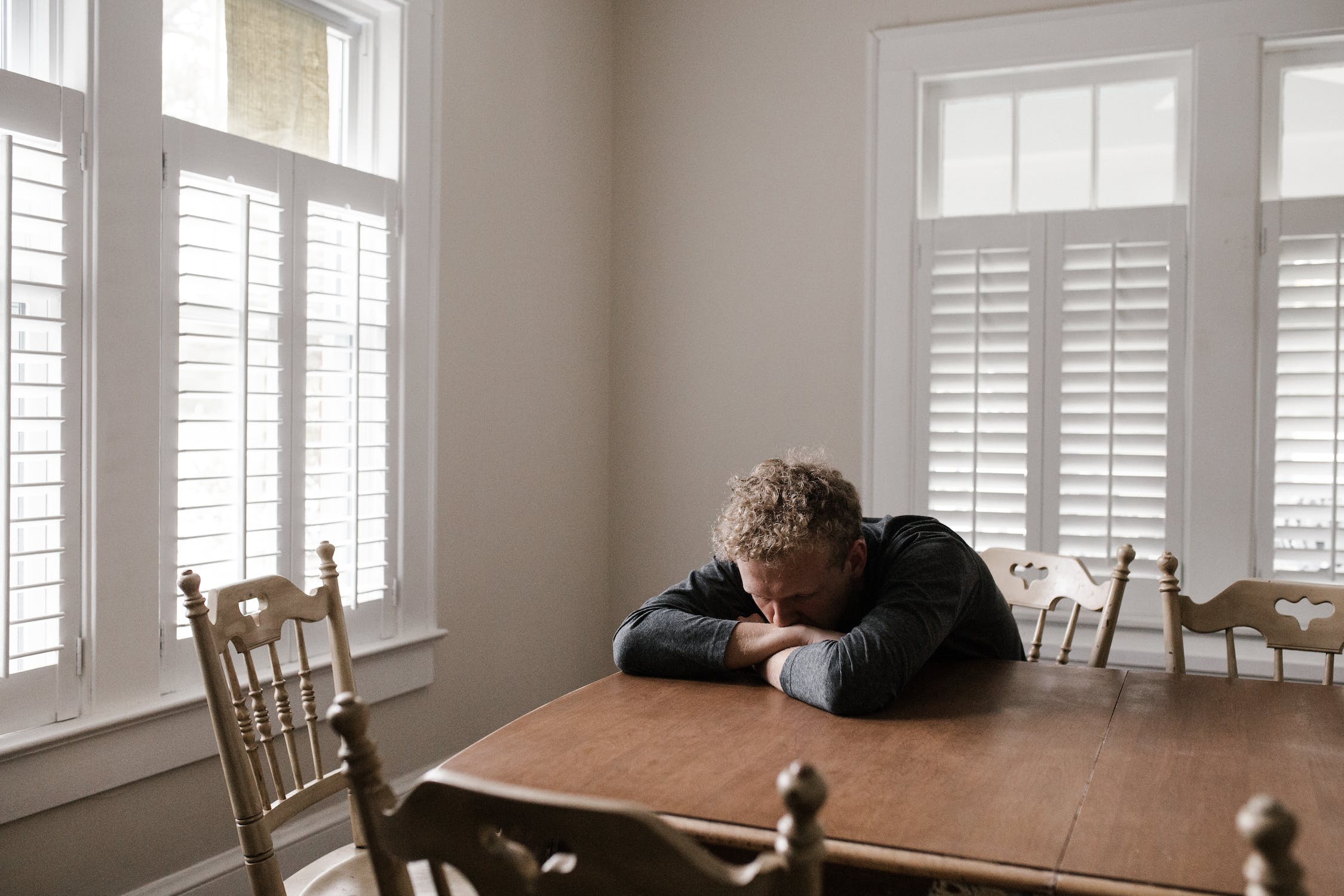
A Global Mental Health Challenge
Depression is a common and serious mood disorder affecting millions worldwide. The World Health Organization (WHO) in 2020 stated that “depression is a leading cause of disability worldwide and also a major contributor to the overall global burden of disease.”
It includes persistent feelings of sadness and a lack of interest, significantly disrupting daily functioning—be it at work, school, or in personal relationships. Globally, depression is the leading cause of suicide.
What Causes Depression?
Depression alters the way a person thinks, feels, and acts. It is not caused by a single factor but rather an amalgamation of social, psychological, and biological elements. People who experience significant life stressors—like unemployment, grief, or trauma—are at higher risk (WHO, 2020).
It can also lead to a cycle of emotional and physical distress, affecting one's productivity, relationships, and overall quality of life.
The good news? Depression is treatable.
What Depression Can Look Like
Depending on the intensity and number of symptoms, depression may be classified as mild, moderate, or severe. The signs and symptoms include:
-
Persistent feelings of sadness, emptiness, or hopelessness
-
Loss of interest in activities once enjoyed (e.g., hobbies, sex, sports)
-
Irritability, frustration, or angry outbursts over minor issues
-
Appetite changes—eating too much or too little
-
Sleep disturbances—insomnia, oversleeping, or restless sleep
-
Fatigue or lack of energy, making everyday tasks difficult
-
Psychomotor changes—either agitation (pacing, hand-wringing) or slowed movements and speech
-
Difficulty thinking, concentrating, remembering, or making decisions
-
Feelings of worthlessness, guilt, or self-blame
-
Anxiety, agitation, or restlessness
-
Unexplained physical complaints (e.g., back pain, headaches)
-
Suicidal thoughts, attempts, or preoccupation with death
When to Seek Help
If you or someone you know has experienced a combination of these symptoms for two weeks or more, it is crucial to consult a doctor.
Note that several medical conditions (like thyroid disorders, cardiovascular diseases, or brain tumors) can mirror depression symptoms. A proper diagnosis is essential to rule out other health concerns (APA, 2020 & WHO, 2020).
Remember: This is a health condition. There is nothing wrong in seeking help.
If you or somebody you know is struggling with depression, consider reaching our ‘Support’ and ‘Engage’ verticals for affordable and inclusive help.
Like our content? Please show us some support by sharing and upvoting!
Image Credits – Pexels.com
